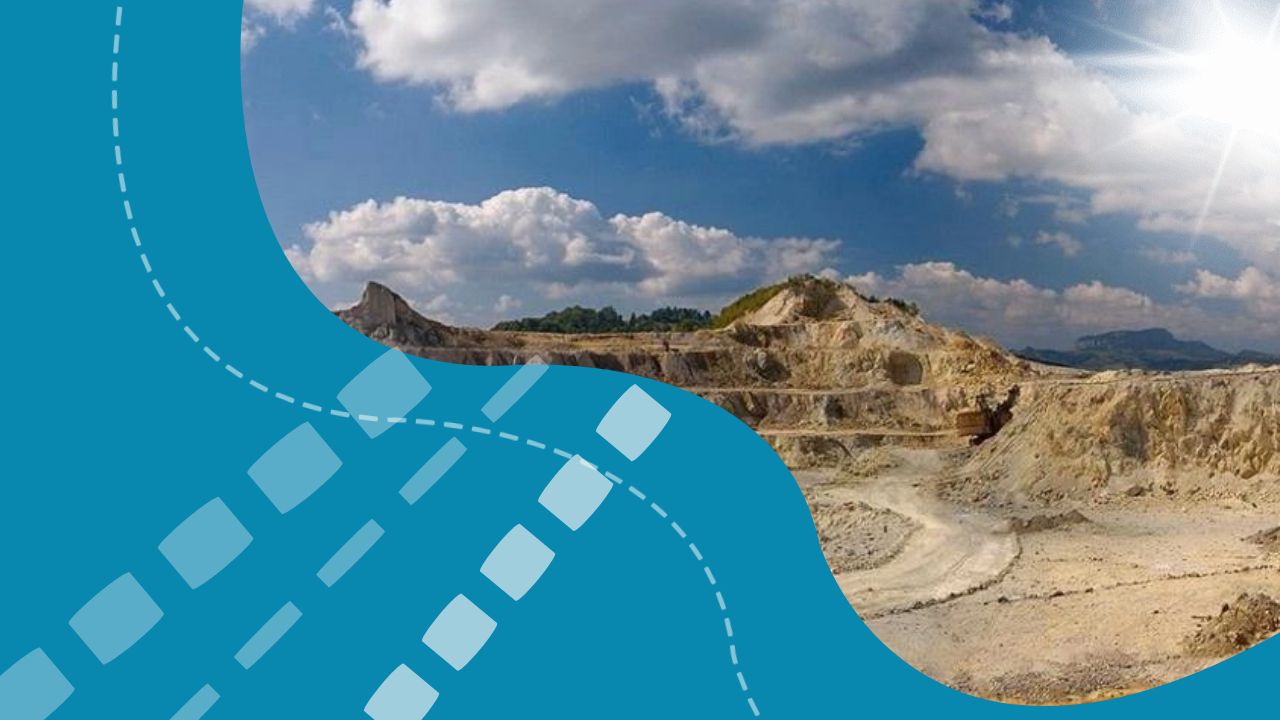Tau-Ken Samruk NMC JSC, the European Commission and the European Bank for Reconstruction and Development signed a “Statement of Intent on Technical Support for Raw Materials Projects.”
According to a document signed during participation in Raw Materials Week in Brussels, the EU and the EBRD will provide a grant of 400,000 euros for research and development work on two projects: the extraction of lithium from the salt marshes of the Aral Sea and the development of the Upper Kairakty tungsten deposit.
Planned work on lithium includes, but is not limited to, identifying promising areas, collecting soil samples, selecting optimal research methods and analytical interpretation of the samples obtained. Domestic specialists and research centers will be involved in the implementation of the project.
Lithium is a highly sought-after metal in high-tech areas; more than half of all lithium mined in the world is used in the production of batteries and accumulators. Mining lithium from salt marshes could make Kazakhstan a major player in the supply chain for the strategically important resource.
The main objective of large-scale laboratory tests for the tungsten project is to increase the percentage of tungsten extraction from off-balance ores. which will significantly increase the economic attractiveness of the Upper Kairakty field. At the same time, the circulating use of water should be introduced into the technological process of pre-enrichment of off-balance reserves, which is especially important for Kazakhstan, which is experiencing a shortage of water resources.

